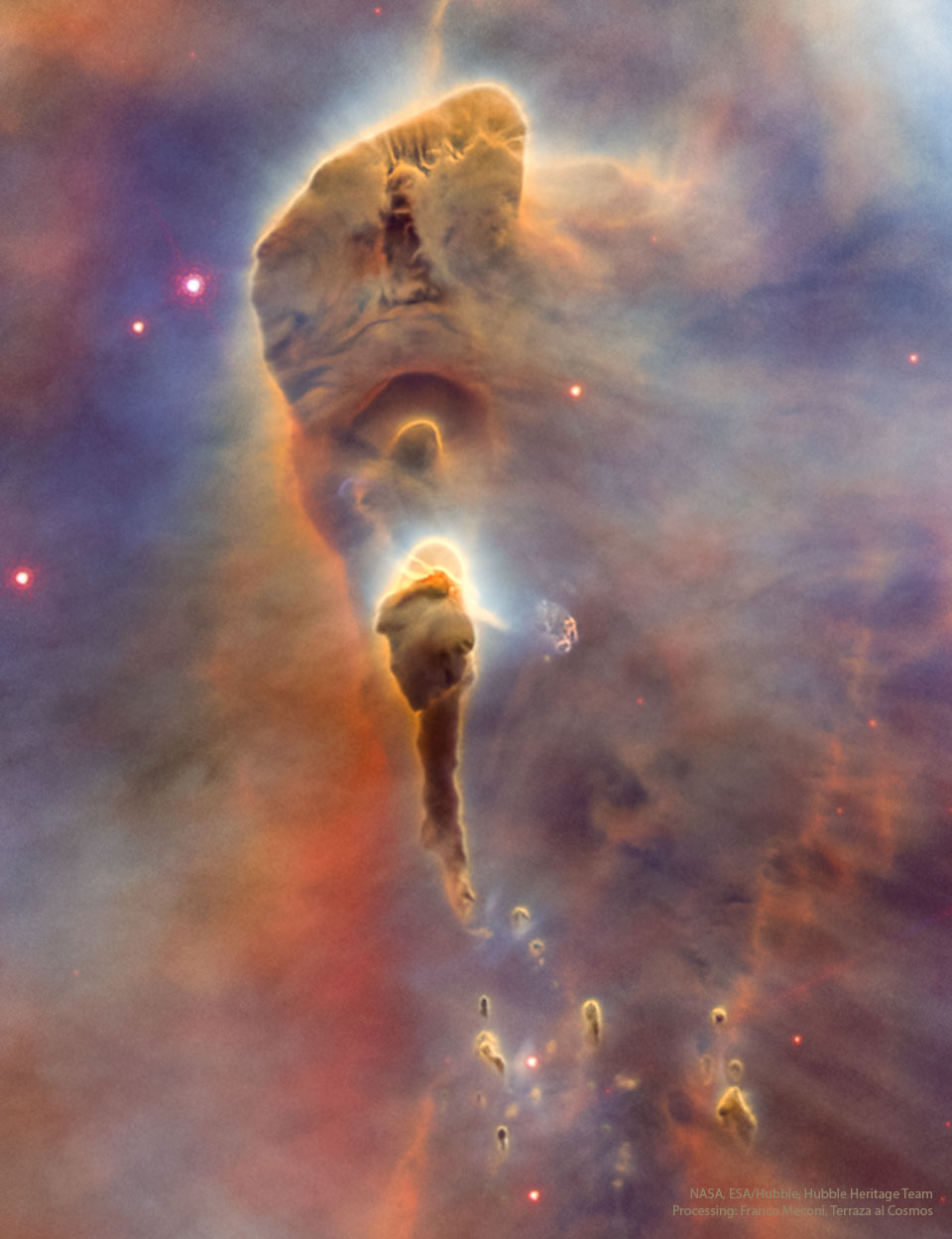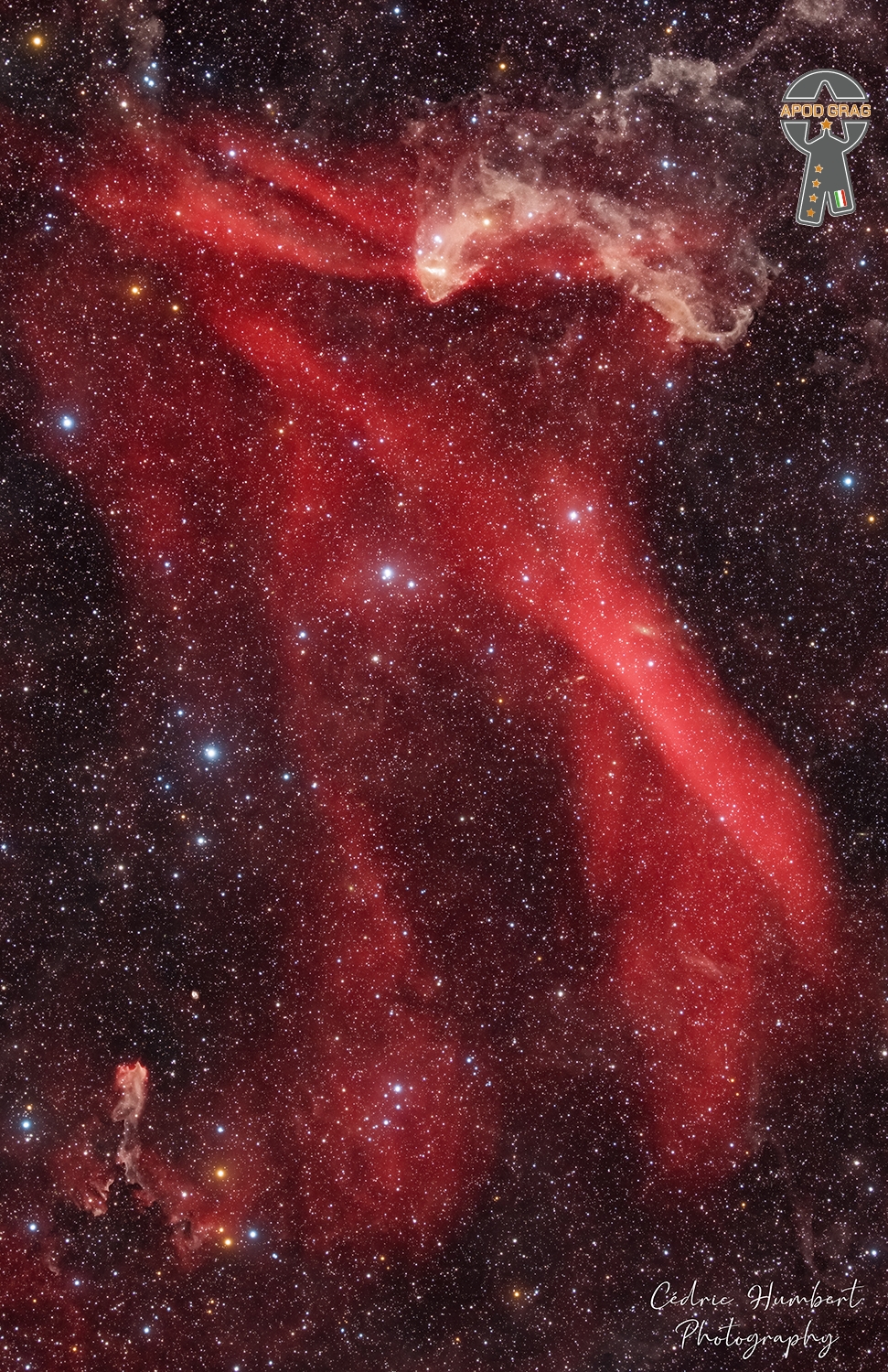Blog
Mads Vinding (born 7 December 1948, Copenhagen, Denmark) is a Danish jazz double-bassist.
Vinding began his professional career when he was 16 as the house bassist for Jazzhus Montmartre, a jazz club in Copenhagen. He has played on more than 800 recordings and more than 1000 Radio/TV shows.
more...Thomas Alan Waits (born December 7, 1949) is an American musician, composer, songwriter, and actor. His lyrics often focus on the underbelly of society and are delivered in his trademark deep, gravelly voice. He worked primarily in jazz, blues, country, and spoken word during the 1970s, but his music since the 1980s has reflected greater influence from rock, vaudeville, German Expressionism and experimental genres.
Waits was born and raised in a middle-class family in California. Inspired by the work of Bob Dylan and the Beat Generation, he began singing on the San Diego folk music circuit as a young man. He relocated to Los Angeles in 1972, where he worked as a songwriter before signing a recording contract with Asylum Records. His first albums were the jazz-oriented Closing Time (1973) and The Heart of Saturday Night (1974), which reflected his lyrical interest in nightlife, poverty, and criminality. He repeatedly toured the United States, Europe, and Japan, and attracted greater critical recognition and commercial success with Small Change(1976), Blue Valentine (1978), and Heartattack and Vine (1980). He produced the soundtrack for Francis Ford Coppola‘s film One from the Heart (1981), and subsequently made cameo appearances in several Coppola films.
In 1980, Waits married Kathleen Brennan, split from his manager and record label, and moved to New York City. With Brennan’s encouragement and frequent collaboration, he pursued a more experimental and eclectic musical aesthetic influenced by the work of Harry Partch and Captain Beefheart. This was reflected in a series of albums released by Island Records, including Swordfishtrombones (1983), Rain Dogs (1985), and Franks Wild Years (1987). He continued appearing in films, notably starring in Jim Jarmusch‘s Down by Law (1986), and also appeared in stage productions. With theatre director Robert Wilson, he produced the musicals The Black Rider (1990) and Alice (1992), first performed in Hamburg. He returned to California in the 1990s and released three albums, Bone Machine (1992), The Black Rider (1993), and Mule Variations(1999), which earned him increasing critical acclaim and multiple Grammy Awards. In the late 1990s, he switched to the record label ANTI-, which released Blood Money (2002), Alice (2002), Real Gone (2004), and Bad as Me (2011).
Despite a lack of mainstream commercial success, Waits has influenced many musicians and gained an international cult following, and several biographies have been written about him. In 2015, he was ranked No. 55 on Rolling Stone‘s “100 Greatest Songwriters of All Time“. He was inducted into the Rock and Roll Hall of Fame in 2011.
more...Louis Leo Prima (December 7, 1910 – August 24, 1978) was an American trumpeter, singer, entertainer, and bandleader. While rooted in New Orleans jazz, swing music, and jump blues, Prima touched on various genres throughout his career: he formed a seven-piece New Orleans-style jazz band in the late 1920s, fronted a swing combo in the 1930s and a big band group in the 1940s, helped to popularize jump blues in the late 1940s and early to mid 1950s, and performed frequently as a Vegas lounge act beginning in the 1950s.
From the 1940s through the 1960s, his music further encompassed early R&B and rock ‘n’ roll, boogie-woogie, and Italian folk music, such as the tarantella. Prima made prominent use of Italian music and language in his songs, blending elements of his Italian and Sicilian identity with jazz and swing music. At a time when ethnic musicians were discouraged from openly stressing their ethnicity, Prima’s conspicuous embrace of his Sicilian ethnicity opened the doors for other Italian-American and ethnic American musicians to display their ethnic roots.
Prima is also known for providing the voice for the orangutan King Louie in the 1967 Disney film The Jungle Book.
more...It’s stars versus dust in the Carina Nebula and the stars are winning. More precisely, the energetic light and winds from massive newly formed stars are evaporating and dispersing the dusty stellar nurseries in which they formed. Located in the Carina Nebula and inside a region known informally as Mystic Mountain, these pillars’ appearance is dominated by opaque brown dust even though it is composed mostly of clear hydrogen gas. Even though some of the dust pillars look like torches, their ends are not on fire — rather, they are illuminated by nearby stars. About 7,500 light-years distant, the featured image was taken with the Hubble Space Telescope and highlights an interior region of Carina known as HH1066 which spans nearly a light year. Within a few million years, the stars will likely win out completely and the dust torches will completely evaporate.

more...
Zeki Müren 6 December 1931 – 24 September 1996) was a Turkish singer, composer, songwriter, actor and poet. Known by the nicknames “The Sun of Art” and “Pasha“, he was one of the prominent figures of Turkish classical music. Due to his contributions to the art industry, he was named a “State Artist” in 1991. He was the first singer to receive a gold certification in Turkey and throughout his career recorded and released hundreds of songs on cassettes and phonograph records.
more...Miroslav Ladislav Vitouš (born 6 December 1947) is a Czech jazz bassist.
Born in Prague, Vitouš began the violin at age six, switching to piano after about three years, and then to bass at age fourteen. As a young man in Europe, Vitouš was a competitive swimmer. One of his early music groups was the Junior Trio with his brother Alan on drums and Jan Hammer on keyboards. He studied music at the Prague Conservatory under František Pošta, and won a music contest in Vienna in 1966 that gave him a scholarship to the Berklee College of Music in Boston, which he attended one year before going to Chicago to play with a group co-led by the classically inclined trombonist Bob Brookmeyer and flugelhorn pioneer Clark Terry.
Miles Davis saw Vitouš playing in Chicago with Brookmeyer and Terry in 1967 and invited him to join his own group playing at the Village Gate in New York City. It was with Davis that Vitouš first encountered saxophonist Wayne Shorter, keyboardist Herbie Hancock and the Davis-centric scene that was transforming mainstream jazz from late hard bop into what would be known as jazz fusion.
more...David Warren Brubeck (/ˈbruːbɛk/; December 6, 1920 – December 5, 2012) was an American jazz pianist and composer. Often regarded as a foremost exponent of cool jazz, Brubeck’s work is characterized by unusual time signatures and superimposing contrasting rhythms, meters, and tonalities.
Born in Concord, California, Brubeck was drafted into the US Army, but was spared from combat service when a Red Cross show he had played at became a hit. Within the US Army, Brubeck formed one of the first racially diverse bands. In 1951, Brubeck formed the Dave Brubeck Quartet, which kept its name despite shifting personnel. The most successful—and prolific—lineup of the quartet was the one between 1958 and 1968. This lineup, in addition to Brubeck, featured saxophonist Paul Desmond, bassist Eugene Wright and drummer Joe Morello. A U.S. Department of State-sponsored tour in 1958 featuring the band inspired several of Brubeck’s subsequent albums, most notably the 1959 album Time Out. Despite its esoteric theme and contrarian time signatures, Time Out became Brubeck’s highest-selling album, and the first jazz album to sell over one million copies. The lead single from the album, “Take Five“, a tune written by Desmond in 54 time, similarly became the highest-selling jazz single of all time. The quartet followed up Time Out with four other albums in non-standard time signatures, and some of the other songs from this series became hits as well, including “Blue Rondo à la Turk” (in 98) and “Unsquare Dance” (in 74). Brubeck continued releasing music until his death in 2012.
Brubeck’s style ranged from refined to bombastic, reflecting both his mother’s classical training and his own improvisational skills. He expressed elements of atonality and fugue. Brubeck, with Desmond, used elements of West Coast jazz near the height of its popularity, combining them with the unorthodox time signatures seen in Time Out. Like many of his contemporaries, Brubeck played into the style of the French composer Darius Milhaud, especially his earlier works, including “Serenade Suite” and “Playland-At-The-Beach”. Brubeck’s fusion of classical music and jazz would come to be known as “third stream“, although Brubeck’s use of third stream would predate the coining of the term. John Fordham of The Guardian commented: “Brubeck’s real achievement was to blend European compositional ideas, very demanding rhythmic structures, jazz song-forms and improvisation in expressive and accessible ways.”
Brubeck was the recipient of several music awards and honors throughout his lifetime. In 1996, Brubeck received a Grammy Lifetime Achievement Award. In 2008, Brubeck was inducted into the California Hall of Fame, and a year later, he was given an honorary Doctor of Music degree from Berklee College of Music. Brubeck’s 1959 album Time Out was added to the Library of Congress‘ National Recording Registry in 2005. Noted as “one of Jazz’s first pop stars” by the Los Angeles Times, Brubeck rejected his fame, and felt uncomfortable with Time magazine featuring him on the cover before Duke Ellington.
more...Joseph Francis Lamb (December 6, 1887 – September 3, 1960) was an American composer of ragtime music. Lamb, of Irish descent, was the only non-African American of the “Big Three” composers of classical ragtime, the other two being Scott Joplin and James Scott. The ragtime of Joseph Lamb ranges from standard popular fare to complex and highly engaging. His use of long phrases was influenced by classical works he had learned from his sister and others while growing up, but his sense of structure was potentially derived from his study of Joplin’s piano rags. By the time he added some polish to his later works in the 1950s, Lamb had mastered the classic rag genre in a way that almost no other composer was able to approach at that time, and continued to play it passably as well, as evidenced by at least two separate recordings done in his home, as well as a few recorded interviews.
Lamb was born in Montclair, New Jersey. The youngest of four children, he taught himself to play the piano and admired the early ragtime publications of Scott Joplin. His first known works were “Meet Me at the Chutes,” and “Idle Dreams”, at the age of 13 in 1900, but they are unpublished and assumed lost.
more...It is located in the southern part of the constellation, about 1° west of the star 10 Lacertae, a blue main sequence star of spectral class O9V; it has the appearance of a tenuous filament oriented in a north-east-southwest direction, invisible to simple observation using amateur instruments due to its weakness. The most suitable period for its observation in the evening sky falls in the months between August and January, in particular for the regions located in the northern hemisphere.
Sh2-126 constitutes the brightest nebulous filament of the complex of dispersed clouds associated with Lacerta OB1, an OB association located about 370 parsecs (1200 light years) away, at a rather high galactic latitude; the source of the ionization of its gases is the intense ultraviolet radiation of the star 10 Lacertae, the dominant star of the association of which it is part. Near this cloud is the long filament cataloged as LBN 437, associated with a group of pre-main sequence stars and Herbig’s Ae/Be stars.

José Monje Cruz (5 December 1950 – 2 July 1992), better known by his stage name Camarón de la Isla(Spanish: Shrimp from the Island), was a Spanish Romani flamenco singer. Considered one of the all-time greatest flamenco singers, he was noted for his collaborations with Paco de Lucía and Tomatito, and the three of them were of major importance to the revival of flamenco in the second half of the 20th century.
He was born in San Fernando, Cádiz, Spain, into a Spanish Romani family, the seventh of eight children. His mother was Juana Cruz Castro, a “Canastera”, literally a basket weaver, and meaning from a wandering Roma family, and whose gift of singing was a strong early influence.
His father, Juan Luis Monje, was also a singer as well as a blacksmith, and had a forge where Camarón worked as a boy. His uncle José nicknamed him Camarón (Spanish for “Shrimp”) because he was blonde and fair skinned.
When his father died of asthma, while still very young, the family went through financial hardship. At the age of eight he began to sing at inns and bus stops with Rancapino to earn money. At sixteen, he won first prize at the Festival del Cante Jondo in Mairena del Alcor. Camarón then went to Madrid with Miguel de los Reyes and in 1968 became a resident artist at the Tablao Torres Bermejas, where he remained for twelve years.
more...
Richard Wayne Penniman (December 5, 1932 – May 9, 2020), known professionally as Little Richard, was an American singer, pianist, and songwriter. He was an influential figure in popular music and culture for seven decades. Described as the “Architect of Rock and Roll“, Richard’s most celebrated work dates from the mid-1950s, when his charismatic showmanship and dynamic music, characterized by frenetic piano playing, pounding back beat and powerful raspy vocals, laid the foundation for rock and roll. Richard’s innovative emotive vocalizations and uptempo rhythmic music played a key role in the formation of other popular music genres, including soul and funk. He influenced singers and musicians across musical genres from rock to hip hop; his music helped shape rhythm and blues for generations.
“Tutti Frutti” (1955), one of Richard’s signature songs, became an instant hit, crossing over to the pop charts in the United States and the United Kingdom. His next hit single, “Long Tall Sally” (1956), hit No. 1 on the Billboard Rhythm and Blues Best-Sellers chart, followed by a rapid succession of fifteen more in less than three years. In 1962, after a five-year period during which Richard abandoned rock and roll music for born-again Christianity, concert promoter Don Arden persuaded him to tour Europe. During this time, the Beatlesopened for Richard on some tour dates.
Richard is cited as one of the first crossover black artists, reaching audiences of all races. His music and concerts broke the color line, drawing black and white people together despite attempts to sustain segregation. Many of his contemporaries, including Elvis Presley, Buddy Holly, Bill Haley, Jerry Lee Lewis, the Everly Brothers, Gene Vincent, Pat Boone, and Eddie Cochran, recorded covers of his works.
Richard was honored by many institutions. He was inducted into the Rock and Roll Hall of Fame as part of its first group of inductees in 1986. He was also inducted into the Songwriters Hall of Fame. He was the recipient of Lifetime Achievement Awards from The Recording Academy and the Rhythm and Blues Foundation. In 2015, Richard received a Rhapsody & Rhythm Award from the National Museum of African American Music. “Tutti Frutti” was included in the National Recording Registry of the Library of Congress in 2010, which stated that his “unique vocalizing over the irresistible beat announced a new era in music”. Little Richard’s creativity took a big role in his music making.
more...Egberto Amin Gismonti (born 5 December 1947) is a Brazilian composer, guitarist and pianist. Gismonti was born in the small city of Carmo, state of Rio de Janeiro, Brazil, into a musical family. His mother was from Sicily and his father was from Beirut, Lebanon. At the age of six, he started studying the piano at the Brazilian Conservatory of Music. After studying the classical repertoire in Brazil for 15 years, he went to Paris, France, to delve into modern music. He studied with Nadia Boulanger (1887–1979), after acceptance as a student by the composer Jean Barraqué, a student of Anton Webern and Schoenberg. Boulanger encouraged Gismonti to write the collective Brazilian experience into his music.
Gismonti is a self-taught guitarist. After returning to Brazil, he designed guitars with more than six strings, expanding the possibilities of the instrument. Approaching the fretboard as if it were a keyboard, Gismonti gives the impression that there is more than a single guitar player. Gismonti’s sojourn in the Xingu region of the Amazon basin made a lasting impression. This is documented musically in tunes such as “Yualapeti” and “Sapain” (Yualapeti shaman, Sapain) and in the recordings Dança das Cabeças (“Dance of the Heads”, 1977), Sol do Meio-Dia (“Noon Sun”, 1978), which he dedicated to the Xingu, and Duas Vozes (“Two Voices”, 1984).
The musical career of Gismonti spans five decades. The major phases are distinguished by record company, the ensemble format, and the musical collaborators. The most important ensembles are his Brazilian group Academia de Danças, including Mauro Senise (saxophone and flutes), Zeca Assumpção (bass) and Nenê (Realcino Lima Filho, drums and percussion), the duo with Naná Vasconcelos (percussion), and the trio with Charlie Haden (bass) and Jan Garbarek (saxophone). Dança das Cabecas, the first ECM record, was nominated “Album of the Year” by Stereo Review and received the 1977 Großer Deutscher Schallplattenpreis.
more...More Posts
- Bill Laswell Day
- Mel Powell Day
- Pink Anderson Day
- World Music with Basudeb Das Baul
- Daily Roots with the Wailing Souls
- The Cosmos with RS Puppis
- Didier Lockwood Day
- Little Johnny Taylor Day
- Josh White Day
- World Fusion with Grand Tapestry
- Daily Roots with Slim Smith
- MAROONS 2-10-18
- The Cosmos with NGC 218
- Rufus Reid Day
- Manu Dibango Day
- Walter Perkins Day
- Chick Webb Day
- World Music with Princess Fatu Gayflor
- Daily Roots with Bob Marley
- MAROONS 2-10-18

